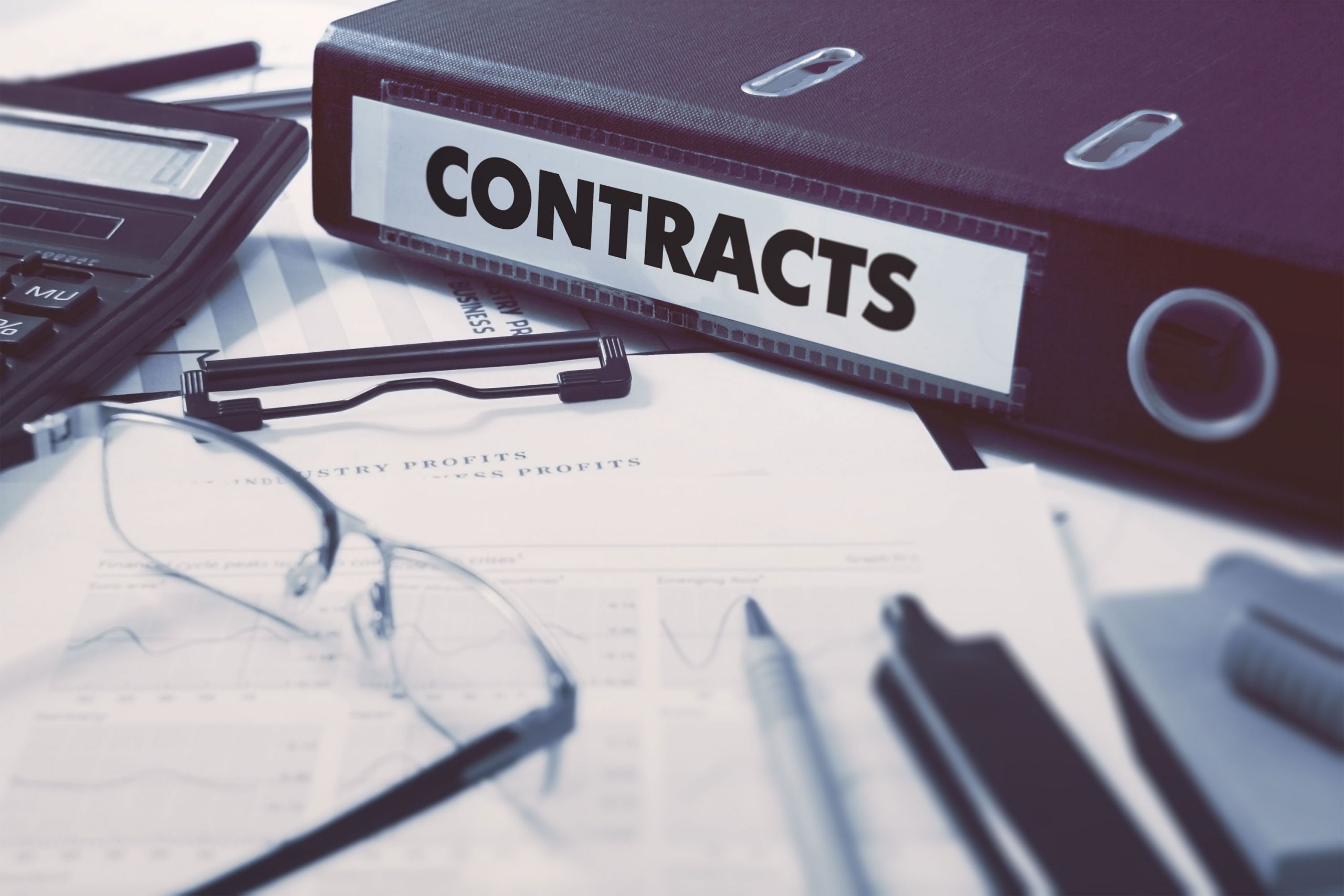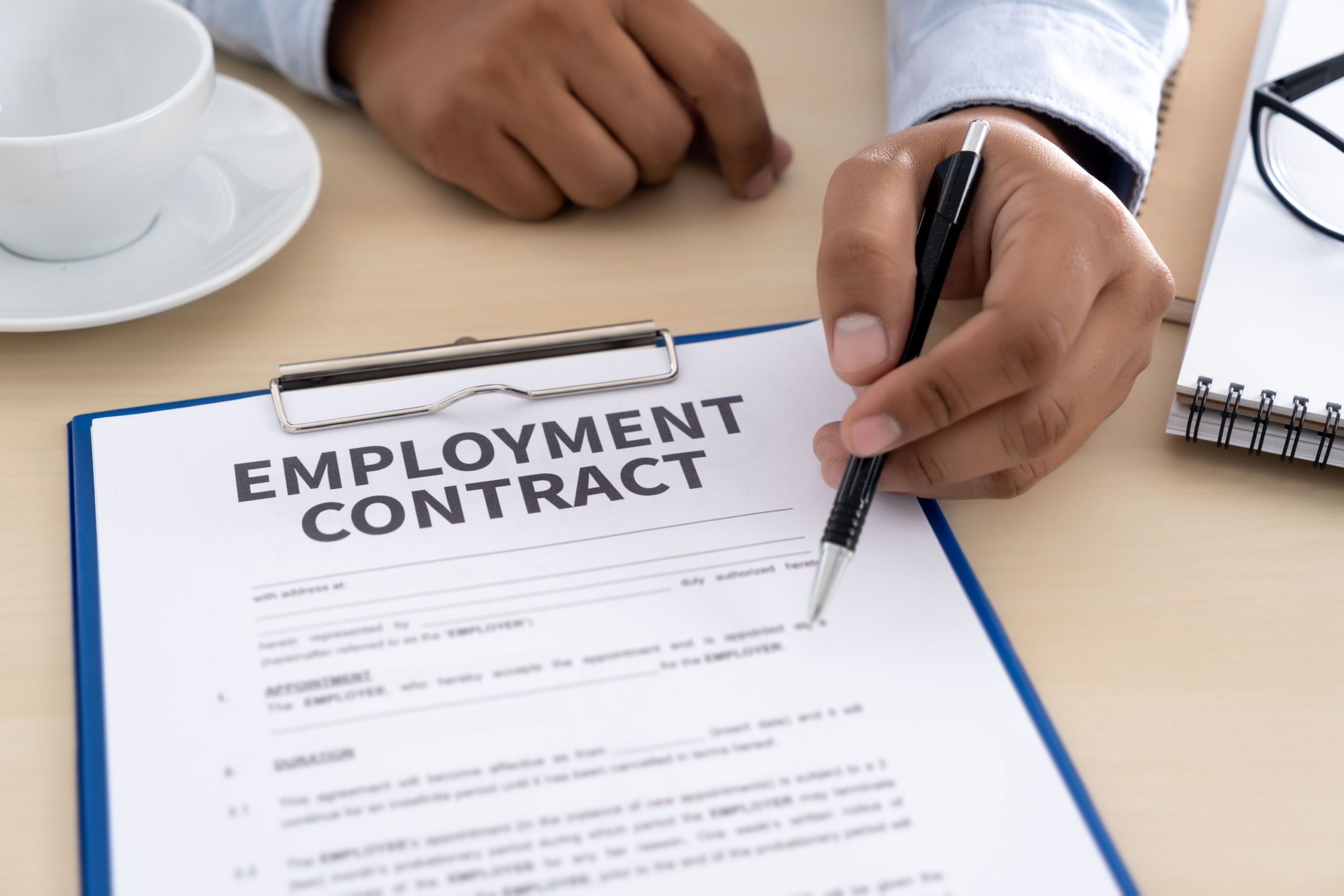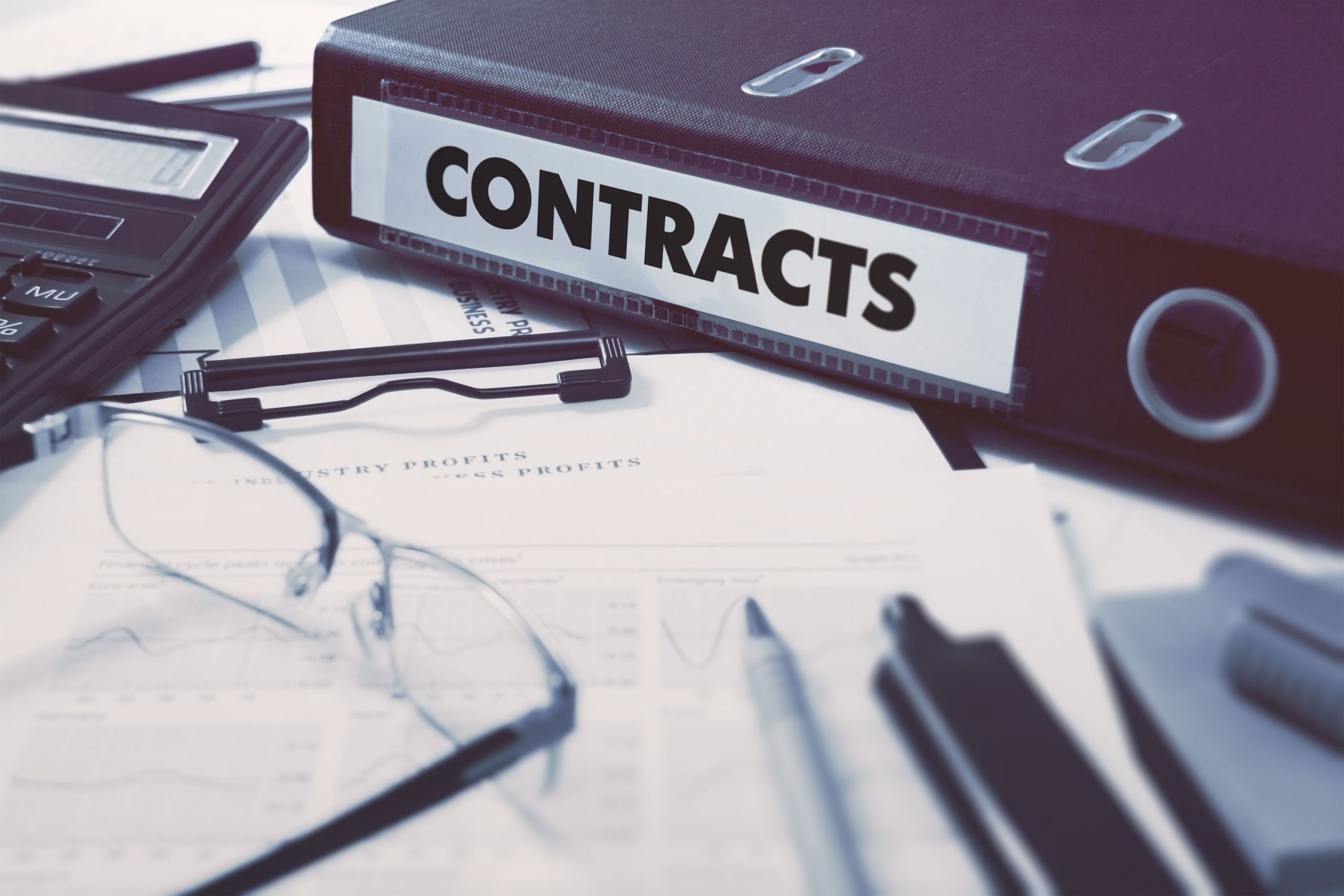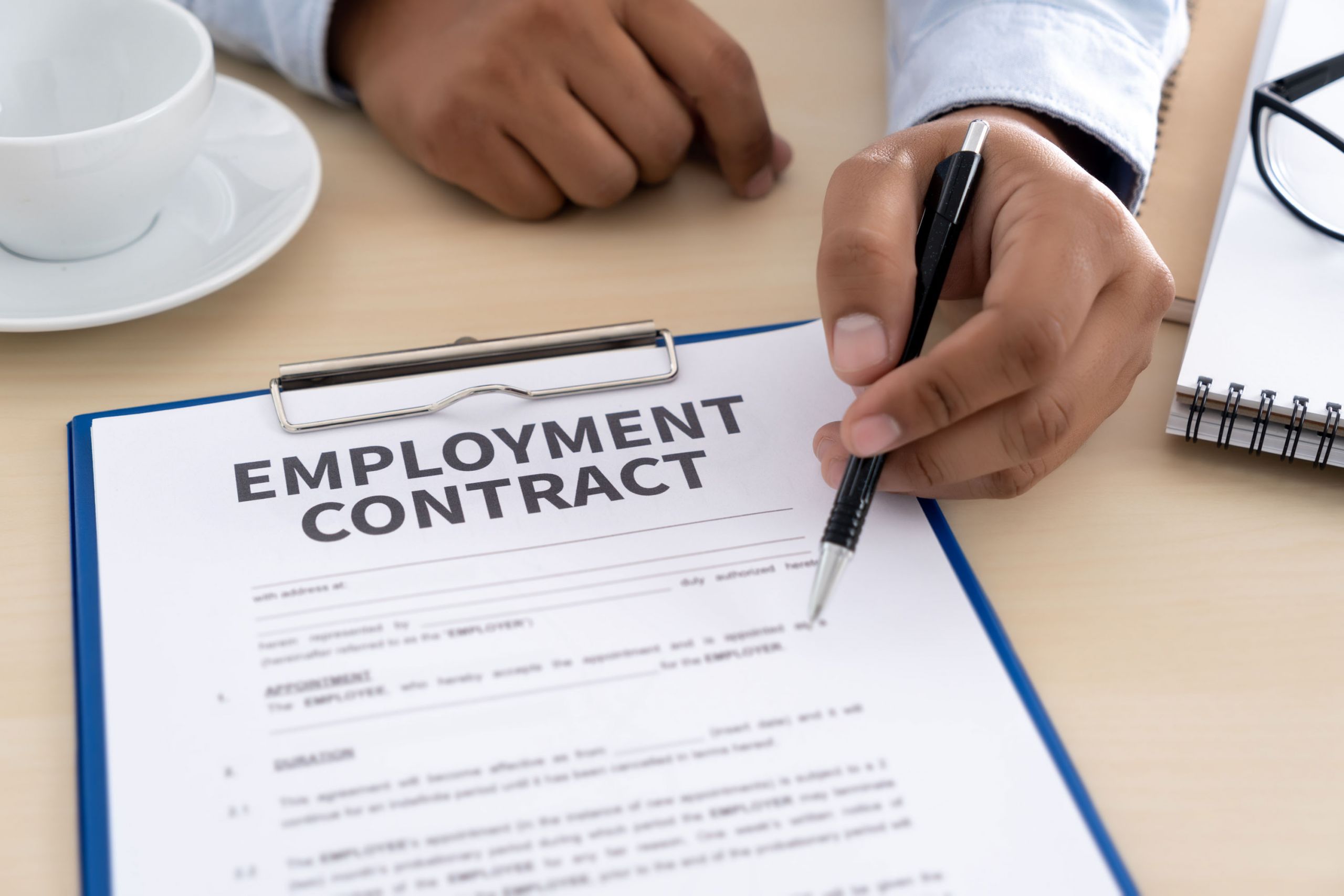Project Description
Compliance
Compliance
Compliance
Company policies and procedures determine the rules by which an organisation undertakes their business for the responsibility of both employees and employers. They protect the rights of the workers as well as the business interests of the employers. With regards to the employees, these policies may include but are not limited to:
- Employment terms and conditions
- Codes of conduct / appropriate behaviour
- Health and safety
- Equal opportunities
- Bullying and harassment
- Protected characteristics
- Holidays
- Time off
- Security
- Drugs and alcohol
- Discipline
- Anti-bribery
The foregoing is strictly limited to the employment of personnel however policies are required for all sectors of the management and the delivery of all aspects of the business and should be the responsibility of the board and the senior management team to deliver these policies. Examples of the latter include health and safety policies, environmental policies and quality policies.

There are many contracts relating to the construction industry with the main suites being from JCT and NEC. It is imperative that everyone has awareness of the contract under which the contractor is working and depending on how the project proceeds it may be necessary to employ the services of a commercial or contractual manager, if contractual issues arise. To prevent the latter from occuring, a good starting point is to understand the fundamental parts of the contract and what information should be recorded and kept. Examples include:
- Relationship between client and contractor
- Are third parties involved?
- Effective communication
- Type of contract
- Record keeping
- Information flow
- Claims procedures
- Sectional completions
- Practical completions
- Dispute resolution

As with the majority of the businesses in the UK, there are generally mandatory requirements for specific types of insurance that all construction related businesses should carry when delivering construction projects. It is important to understand what is legally required and what is required to protect your business through all stages of the procurement process and during the build stage of the contract. Some of the insurances to be considered, but are not limited to include:
- Public liability insurance
- Employers liability insurance
- Professional indemnity
- Contract works insurance
- Building guarantees and warranties
- Bonds or parent company guarantees

The main sources of employment law are enshrined in legislation although other rights are included in the contracts of employment. If a company decides that they are to grow their business or to increase resources due to increased workload and subsequently decide’s to directly employ resources, there are many factors that need to be considered. These include, but are not limited to:
- Who are protected?
- Do contracts of employment need to be in writing?
- What is implied in contracts of employment?
- Do minimum terms and conditions have to be observed?
- Will trade union representation be required?
- What are protected characteristics with regards to discrimination?
- Maternity rights?
- Termination of employment

Company policies and procedures determine the rules by which an organisation undertakes their business for the responsibility of both employees and employers. They protect the rights of the workers as well as the business interests of the employers. With regards to the employees, these policies may include but are not limited to:
- Employment terms and conditions
- Codes of conduct / appropriate behaviour
- Health and safety
- Equal opportunities
- Bullying and harassment
- Protected characteristics
- Holidays
- Time off
- Security
- Drugs and alcohol
- Discipline
- Anti-bribery
The foregoing is strictly limited to the employment of personnel however policies are required for all sectors of the management and the delivery of all aspects of the business and should be the responsibility of the board and the senior management team to deliver these policies. Examples of the latter include health and safety policies, environmental policies and quality policies.

There are many contracts relating to the construction industry with the main suites being from JCT and NEC. It is imperative that everyone has awareness of the contract under which the contractor is working and depending on how the project proceeds it may be necessary to employ the services of a commercial or contractual manager, if contractual issues arise. To prevent the latter from occuring, a good starting point is to understand the fundamental parts of the contract and what information should be recorded and kept. Examples include:
- Relationship between client and contractor
- Are third parties involved?
- Effective communication
- Type of contract
- Record keeping
- Information flow
- Claims procedures
- Sectional completions
- Practical completions
- Dispute resolution

As with the majority of the businesses in the UK, there are generally mandatory requirements for specific types of insurance that all construction related businesses should carry when delivering construction projects. It is important to understand what is legally required and what is required to protect your business through all stages of the procurement process and during the build stage of the contract. Some of the insurances to be considered, but are not limited to include:
- Public liability insurance
- Employers liability insurance
- Professional indemnity
- Contract works insurance
- Building guarantees and warranties
- Bonds or parent company guarantees

The main sources of employment law are enshrined in legislation although other rights are included in the contracts of employment. If a company decides that they are to grow their business or to increase resources due to increased workload and subsequently decide’s to directly employ resources, there are many factors that need to be considered. These include, but are not limited to:
- Who are protected?
- Do contracts of employment need to be in writing?
- What is implied in contracts of employment?
- Do minimum terms and conditions have to be observed?
- Will trade union representation be required?
- What are protected characteristics with regards to discrimination?
- Maternity rights?
- Termination of employment

- Employment terms and conditions
- Codes of conduct / appropriate behaviour
- Health and safety
- Equal opportunities
- Bullying and harassment
- Protected characteristics
- Holidays
- Time off
- Security
- Drugs and alcohol
- Discipline
- Anti-bribery
The foregoing is strictly limited to the employment of personnel however policies are required for all sectors of the management and the delivery of all aspects of the business and should be the responsibility of the board and the senior management team to deliver these policies. Examples of the latter include health and safety policies, environmental policies and quality policies.

- Relationship between client and contractor
- Are third parties involved?
- Effective communication
- Type of contract
- Record keeping
- Information flow
- Claims procedures
- Sectional completions
- Practical completions
- Dispute resolution

- Public liability insurance
- Employers liability insurance
- Professional indemnity
- Contract works insurance
- Building guarantees and warranties
- Bonds or parent company guarantees

- Who are protected?
- Do contracts of employment need to be in writing?
- What is implied in contracts of employment?
- Do minimum terms and conditions have to be observed?
- Will trade union representation be required?
- What are protected characteristics with regards to discrimination?
- Maternity rights?
- Termination of employment


